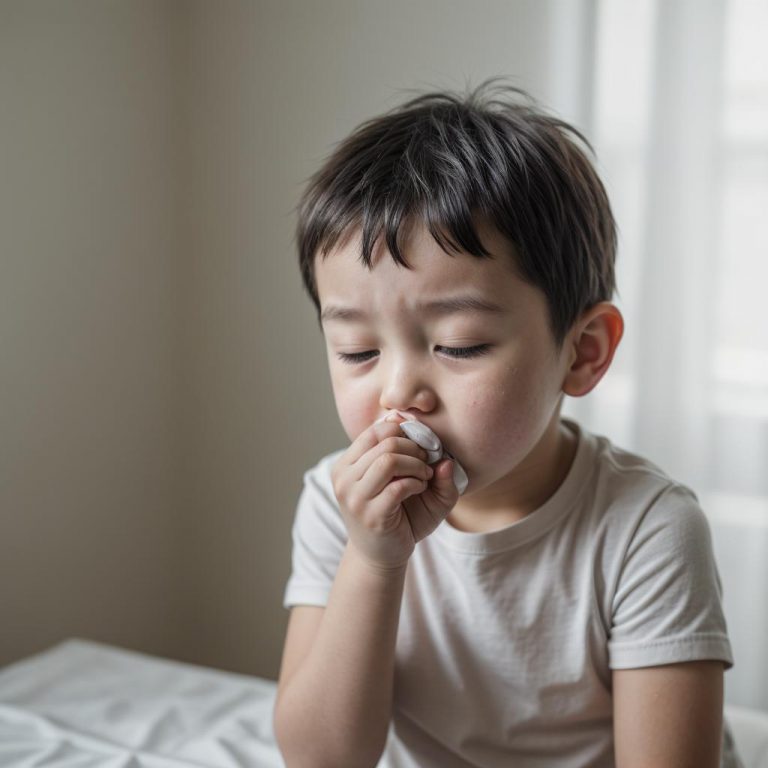

Understanding the link between allergies and coughing
Coughing is a common symptom of various respiratory conditions, including allergies.
While allergies are often associated with sneezing, itching, and nasal congestion, coughing can also be a prevalent symptom. Allergies trigger the immune system to release chemicals like histamine, which can lead to inflammation and irritation in the respiratory tract, resulting in coughing. Understanding the specific allergens and their effects on the respiratory system is crucial in managing allergy-related cough effectively.
Common allergens that trigger coughing
Several allergens can cause coughing in susceptible individuals. These include:
Pollen:
Pollen from trees, grasses, and weeds can trigger allergic reactions, commonly known as hay fever or allergic rhinitis. In addition to sneezing and nasal congestion, pollen allergies can also cause throat irritation and coughing, especially when pollen counts are high.
Dust mites:
Dust mites are microscopic organisms that thrive in indoor environments, particularly in bedding, upholstery, and carpets. Allergic reactions to dust mites can manifest as coughing, along with other respiratory symptoms such as wheezing and shortness of breath.
Pet dander:
Pet dander consists of tiny flecks of skin shed by animals such as cats, dogs, and rodents. Individuals allergic to pet dander may experience coughing when exposed to these allergens, particularly in enclosed spaces where pet dander accumulates.
Mold spores:
Mold spores can be found both indoors and outdoors in damp or humid environments. Inhalation of mold spores can trigger allergic reactions, leading to coughing, wheezing, and chest tightness, especially in individuals with asthma.
Diagnosis and management
Allergy testing:
To identify the specific allergens triggering coughing, allergy testing may be recommended. Skin prick tests or blood tests can help determine allergic sensitivities, guiding targeted management strategies.
Environmental control:
Minimizing exposure to known allergens can help reduce coughing episodes. This may involve using air purifiers, regularly cleaning indoor spaces, and implementing measures to control dust mites and mold growth.
Medications:
Antihistamines, nasal corticosteroids, and decongestants are commonly prescribed to alleviate allergy symptoms, including coughing. In cases of severe allergies, allergen immunotherapy may be recommended to desensitize the immune system.
Lifestyle modifications:
Maintaining good indoor air quality, avoiding smoke and pollutants, and practicing proper hygiene can also help manage allergy-related coughing. Staying hydrated and using humidifiers can soothe irritated airways and alleviate cough symptoms.
When to seek medical attention
While allergy-related coughing is typically manageable with appropriate measures, certain signs may indicate the need for medical evaluation. These include:
Persistent or worsening coughing despite treatment
Coughing accompanied by fever or chest pain
Difficulty breathing or wheezing
Coughing up blood or discolored mucus
If any of these symptoms occur, it is essential to consult a healthcare professional for proper diagnosis and management.
Allergies can manifest in various ways, including coughing, which can significantly impact an individual’s quality of life. Identifying and avoiding allergens, along with appropriate medical treatment, are key in managing allergy-related cough effectively. By understanding the underlying mechanisms and triggers of coughing associated with allergies, individuals can take proactive steps to alleviate symptoms and improve respiratory health.



